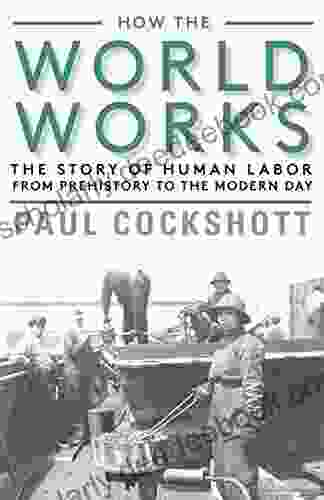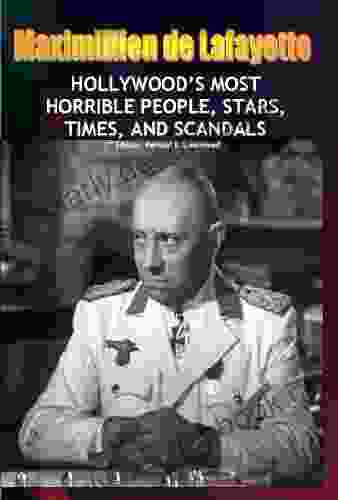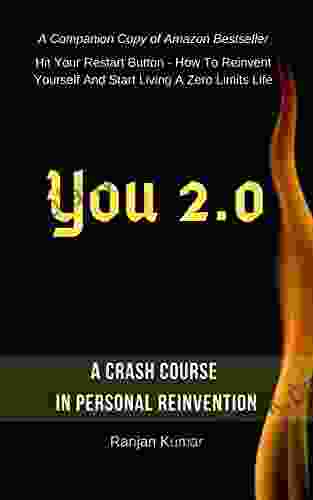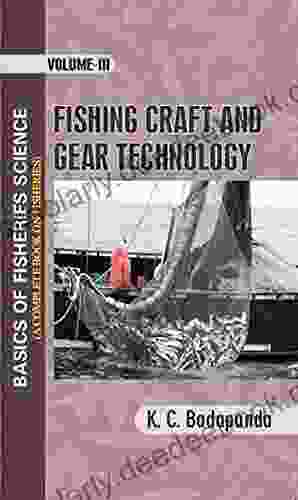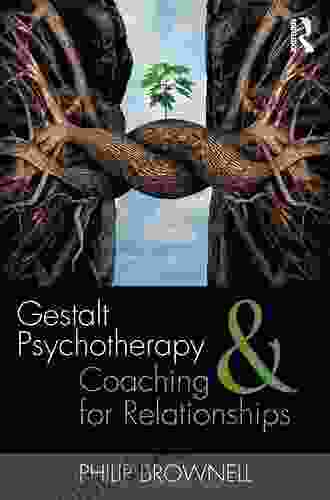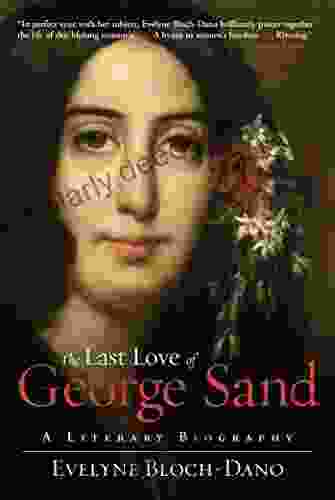Postcolonial theory and Avatar film theory are two interconnected fields of study that offer valuable insights into the complex dynamics of cultural imperialism, identity, and representation. This article aims to provide a comprehensive exploration of these theories, highlighting their salient features and demonstrating their practical applications in the analysis of James Cameron's critically acclaimed film Avatar.
Postcolonial Theory
Postcolonial theory emerged in the late 20th century as a response to the enduring legacy of European colonialism. It critically examines the ways in which Western powers have exercised political, economic, and cultural dominance over non-Western societies, and how this dominance has shaped the identities and experiences of colonized peoples.
4.4 out of 5
| Language | : | English |
| File size | : | 1069 KB |
| Text-to-Speech | : | Enabled |
| Screen Reader | : | Supported |
| Enhanced typesetting | : | Enabled |
| Word Wise | : | Enabled |
| Print length | : | 184 pages |
| X-Ray for textbooks | : | Enabled |
Key concepts in postcolonial theory include:
* Power Relations: Colonialism is understood as a power relationship that involves the subordination of one group by another. This power is often manifested through military conquest, economic exploitation, and cultural assimilation. * Othering: Colonizers often construct a binary opposition between themselves and the colonized peoples, portraying the latter as inferior and exotic "others." This process of othering serves to justify colonial domination. * Hybridity and Resistance: While colonialism seeks to impose a dominant culture, it also inadvertently creates spaces for resistance and the emergence of hybrid identities. Colonized peoples may adopt and adapt elements of the colonizer's culture, while also retaining aspects of their own traditions.
Avatar Film Theory
Avatar film theory is a specific application of postcolonial theory to the analysis of film. It examines how films reflect and perpetuate colonialist ideologies and power structures, and how they can also serve as sites of resistance and critique.
Central concepts in Avatar film theory include:
* Neocolonialism: Avatar examines the contemporary manifestations of colonialism, such as the economic and political exploitation of indigenous peoples by multinational corporations. * Environmentalism: The film explores the environmental consequences of colonialism and the importance of respecting and preserving indigenous land. * Technological Dominance: Avatar depicts the use of advanced technology as a tool for both oppression and liberation, highlighting the complex relationship between technology and power.
Avatar as a Case Study
James Cameron's Avatar (2009) is a groundbreaking film that has been widely praised for its stunning visuals and its exploration of postcolonial themes. The film tells the story of Jake Sully, a disabled marine who is sent to the moon of Pandora to infiltrate the indigenous Na'vi people and secure access to their valuable mineral resources.
However, Jake comes to sympathize with the Na'vi and their connection to the natural world. He eventually joins them in their struggle against the occupying humans, who are intent on exploiting Pandora's resources and destroying the environment.
Avatar can be analyzed through the lens of both postcolonial theory and Avatar film theory to reveal its complex and nuanced exploration of colonialist power dynamics:
* Power Relations: The film portrays a clear power imbalance between the technologically advanced humans and the indigenous Na'vi. The humans are armed with superior weapons and resources, while the Na'vi are vulnerable to their attacks. * Othering: The humans construct the Na'vi as primitive and savage, contrasting them with their own supposedly civilized society. This othering process is used to justify the humans' exploitation of Pandora. * Hybridity and Resistance: Jake Sully gradually becomes a hybrid figure, embodying both human and Na'vi identities. He serves as a bridge between the two cultures and becomes a symbol of resistance against colonial oppression. * Neocolonialism: Avatar depicts the humans as a neocolonial force, exploiting Pandora's resources and suppressing the Na'vi's traditional way of life. * Environmentalism: The film emphasizes the importance of environmental conservation and the need to respect indigenous land rights. * Technological Dominance: The battle for Pandora highlights the dangers of technological dominance and the importance of using technology for responsible and sustainable purposes.
Postcolonial theory and Avatar film theory provide valuable frameworks for understanding the complex dynamics of cultural imperialism, identity, and representation. By examining James Cameron's Avatar through the lens of these theories, we can better appreciate the film's nuanced exploration of colonialist power structures and the importance of respecting indigenous rights and the natural world.
These theories continue to be relevant in contemporary society, as they help us to critically analyze the ongoing effects of colonialism and to work towards more just and equitable relationships between different cultures.

































































